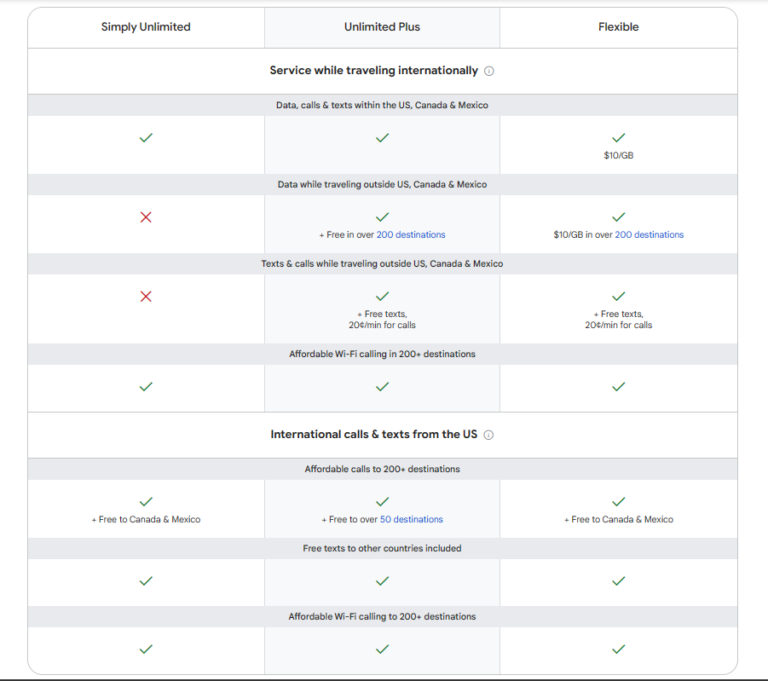Zuckerberg's Next Chapter: Navigating A Trump Presidency

Table of Contents
Political Scrutiny and Regulatory Uncertainty
A Trump presidency, whether now or in the future, would likely usher in a period of increased regulatory scrutiny for Meta. The administration's focus on deregulation in some areas might contrast sharply with a more aggressive approach towards tech giants perceived as wielding excessive power. This regulatory uncertainty presents a significant challenge to Meta's long-term stability and profitability.
- Increased antitrust investigations: A Trump administration might prioritize investigations into Meta's market dominance, potentially leading to lawsuits and forced divestitures. This could significantly impact Meta's business model and revenue streams.
- Potential changes to Section 230: The debate surrounding Section 230, which shields online platforms from liability for user-generated content, is likely to continue. A Trump administration's stance on this crucial piece of legislation could significantly alter Meta's legal landscape and content moderation strategies. Changes to Section 230 reform could have sweeping consequences for Meta regulation.
- Heightened focus on data privacy and misinformation: Concerns about data privacy and the spread of misinformation are likely to remain prominent. A Trump administration might pursue more stringent data privacy legislation and regulations aimed at combating the spread of false information on social media platforms, impacting Meta's data handling practices and advertising revenue.
- Impact on political advertising regulations: Meta's role in political advertising is another area of potential regulatory scrutiny. A Trump administration might seek to increase transparency and regulation of political ads on social media platforms, potentially limiting Meta's revenue and influencing the political discourse. The intricacies of political advertising and data privacy legislation will heavily influence Meta's future strategies.
These factors could significantly affect Meta's business model and profitability, forcing the company to adapt to a more restrictive and uncertain regulatory environment. The potential for increased costs associated with compliance and litigation presents a substantial risk to Meta's bottom line.
The Impact on Content Moderation
A Trump presidency could significantly influence Meta's content moderation policies. The emphasis on free speech, often prioritizing less regulation, could create pressure to relax existing rules, potentially leading to an increase in harmful content on the platform.
- Potential pressure to relax content moderation rules: The administration might actively lobby for changes to Meta's content moderation policies, advocating for less intervention and a more hands-off approach.
- Increased criticism for perceived bias in content moderation: Regardless of actual bias, accusations of political bias in content moderation decisions are likely to increase under a Trump administration, generating negative publicity and potentially impacting user trust.
- Challenges in balancing free speech with the need to combat misinformation and hate speech: Meta would face an ongoing ethical and practical challenge in balancing the principle of free speech with the need to combat the spread of misinformation, hate speech, and other harmful content. This delicate balance will be further complicated by political pressure.
- The role of algorithms and their potential manipulation: Scrutiny on Meta's algorithms and their potential for manipulation is sure to intensify. Accusations of algorithmic bias designed to favor specific viewpoints could draw significant attention and regulatory oversight.
These factors create significant ethical and practical dilemmas for Zuckerberg and Meta, demanding careful navigation of complex legal and societal issues. The potential for increased user dissatisfaction and reputational damage looms large.
Navigating the Political Landscape
Zuckerberg's strategies for navigating the political complexities of a Trump presidency would require a multifaceted approach.
- Lobbying efforts and political donations: Engaging in strategic lobbying efforts and making calculated political donations could be employed to influence policy decisions and maintain favorable relationships with key political figures.
- Public relations and communication strategies: Effective public relations and clear communication strategies will be crucial to managing the narrative surrounding Meta's actions and policies.
- Building relationships with key political figures: Cultivating relationships with key political figures on both sides of the aisle could be essential for navigating the political landscape and anticipating potential challenges.
- Potential for partnerships or alliances: Forming strategic partnerships or alliances with other tech companies or industry organizations could provide a stronger voice in advocating for Meta's interests.
Each of these approaches carries both risks and rewards. While effective lobbying and strategic alliances can be beneficial, they can also draw criticism and accusations of undue influence. Maintaining transparency and ethical conduct will be paramount.
The Role of Public Opinion
Public opinion will significantly influence Zuckerberg's actions and Meta's policies. Negative public perception and diminished brand reputation could severely impact Meta's business and user base. Conversely, positive public sentiment could strengthen Meta’s position and provide a buffer against regulatory pressures. Public opinion polling and careful monitoring of social media trends will be critical for understanding and responding to shifts in public sentiment toward Meta and its role in society. Understanding public perception and social media influence is crucial for navigating this challenging political terrain.
Conclusion
Zuckerberg's next chapter will be significantly shaped by the political climate, particularly the potential influence of a Trump presidency (or a future Trump presidency). The challenges posed by increased regulatory scrutiny, content moderation pressures, and the need for effective political strategies are immense. However, the opportunities for strategic adaptation and strengthening Meta's position remain. Understanding the intricate interplay between Zuckerberg's leadership and the political landscape is crucial. Continue the conversation by sharing your thoughts on how Zuckerberg's next chapter will unfold under the shadow of a Trump presidency. What strategies do you believe will be most effective in navigating these complex challenges?

Featured Posts
-
 Steffy And Liams Connection Finns Warning The Bold And The Beautiful Spoilers February 20th
Apr 24, 2025
Steffy And Liams Connection Finns Warning The Bold And The Beautiful Spoilers February 20th
Apr 24, 2025 -
 Luxury Car Sales In China The Struggles Of Bmw Porsche And Competitors
Apr 24, 2025
Luxury Car Sales In China The Struggles Of Bmw Porsche And Competitors
Apr 24, 2025 -
 Google Fi Launches Affordable 35 Unlimited Data Plan
Apr 24, 2025
Google Fi Launches Affordable 35 Unlimited Data Plan
Apr 24, 2025 -
 The Bold And The Beautiful Spoilers Wednesday April 23 Finns Vow To Liam
Apr 24, 2025
The Bold And The Beautiful Spoilers Wednesday April 23 Finns Vow To Liam
Apr 24, 2025 -
 Disappearance And Discovery A Shark Infested Beachs Dark Turn
Apr 24, 2025
Disappearance And Discovery A Shark Infested Beachs Dark Turn
Apr 24, 2025
